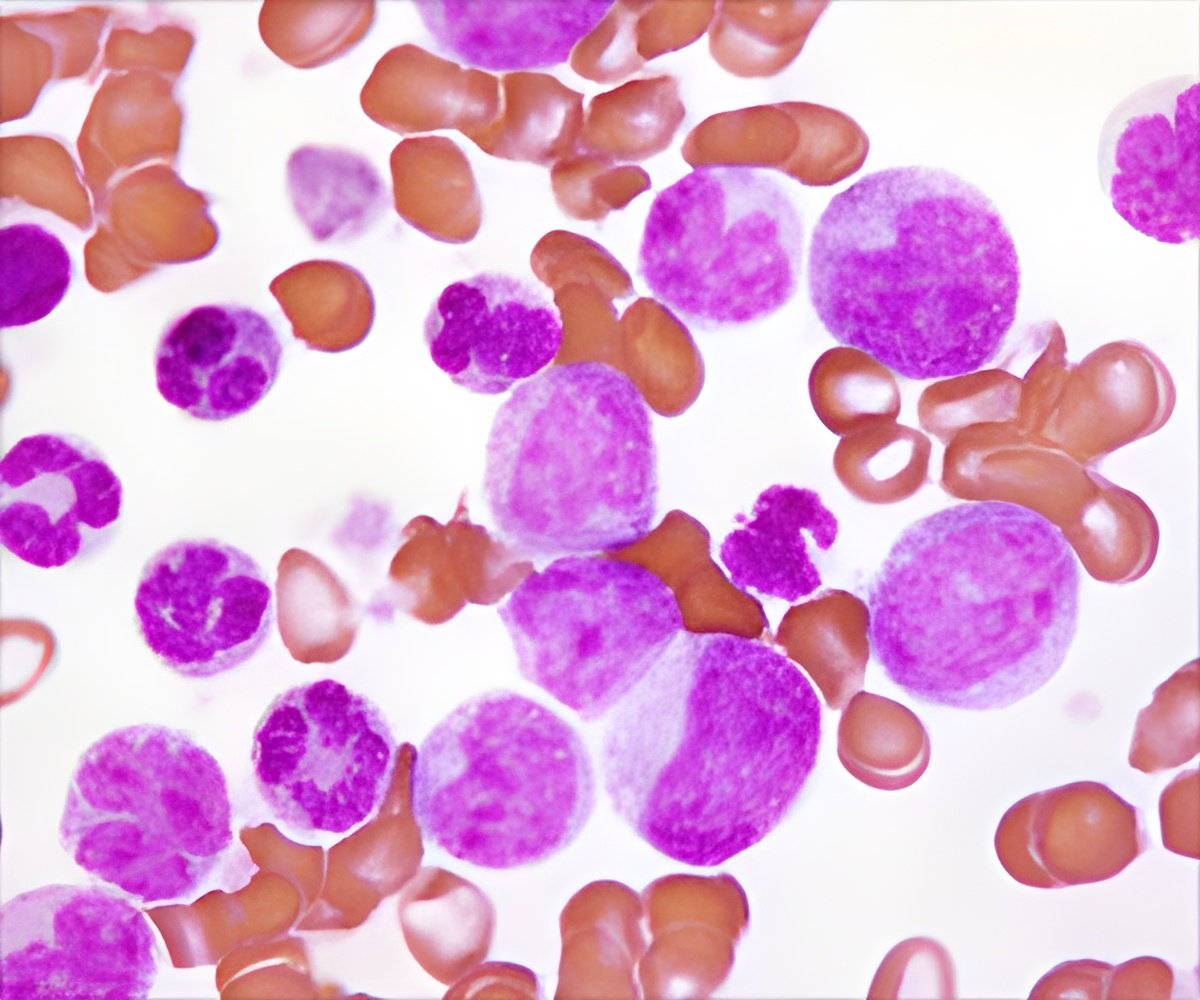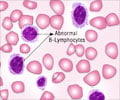A group of molecules called 'immunotoxins' target the specific cancer depending upon the receptors present on or over-expressed on the cancer cell.

However, Varma, felt that when these plant and bacterial origins are injected in humans they are capable of producing some immune response leading to side effects. Varma added, "So, why not search about something which cannot elicit any immunogenicity (the property enabling a substance to provoke an immune response). We found out there is a process known as apoptosis - which is a programmed cell death. There were a few death fragmentation factors involved which are of immune origin, so why not we tag these death fragmentation factors into those ligands and try to see (what happens). That’s how we ended up developing this molecule which will not be able to elicit any immunogenicity when we inject it in humans."
The research team, whose study is basically targeted at basic pediatric and adult leukemia, said that owing to its side-effects not a single immunotoxin was present in the market. Varma said, "But we are in the last stage of clinical studies. So, probably in a couple of years a few molecules will come as therapeutic molecules in treating cancer patients. They were not around for a long time because there was a lot of drawbacks. There was a lot of pain and side-effects. But what we are trying to construct will probably not have any side effects. So I am doing clinical studies in terms of patient samples and then we have to do stability tests on mice and after that I am looking for somebody who can sponsor my work so that i can go ahead and do some clinical studies."
Source-IANS












